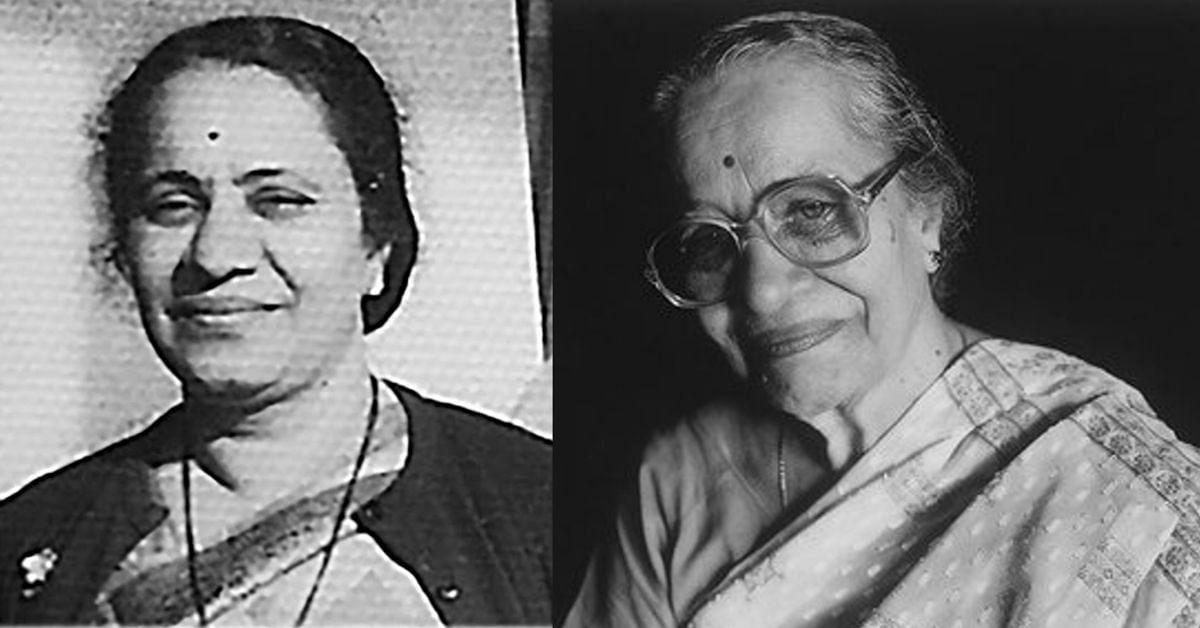Kamal Ranadive was born on 8 November 1917, in Pune, India.
She has dedicated her life to cancer research, which mainly affects women and children.
Indian biologist Kamal Ranadive has been an inspiration in her battle with the disease.
Today is the 104th anniversary of her birth, and Google is dedicating today’s doodle to her!
Her father is the one who encouraged her to become a doctor.
He studied biology and in 1949 he obtained a PhD in cytology and the study of cells.
At the same time, she worked as a researcher at the Indian Cancer Research Centre (ICRC).
After a fellowship at Johns Hopkins University in Baltimore, Maryland, USA, he returned to Mumbai and the ICRC, where he established the country’s first tissue culture laboratory.
As director of the Centre and a pioneer in modelling cancer development through animal research, Ranadive was one of the first researchers in her country to report the link between breast cancer and heredity.
He is also one of those who identified the links between cancers and certain viruses.

Her contribution to the development of the leprosy vaccine
Among other things, Ranadive studied Mycobacterium leprae, the bacterium that causes leprosy, and helped develop a vaccine.
In 1973, she and 11 of her colleagues founded the Indian Women Scientists Association (IWSA) to support women in scientific fields.
Today, the Union provides them with scholarships and encourages them to pursue science.
When she retired in 1989, Ranadive worked in rural communities in Maharashtra, training women as health care workers.
Kamal published more than 200 scientific research papers on cancer and leprosy. He was awarded the “Padma Bhushan” (the third highest award) for medicine in 1982.
He passed away in 2001 at the age of 83.
And the least we can do is to dedicate this article to her!

